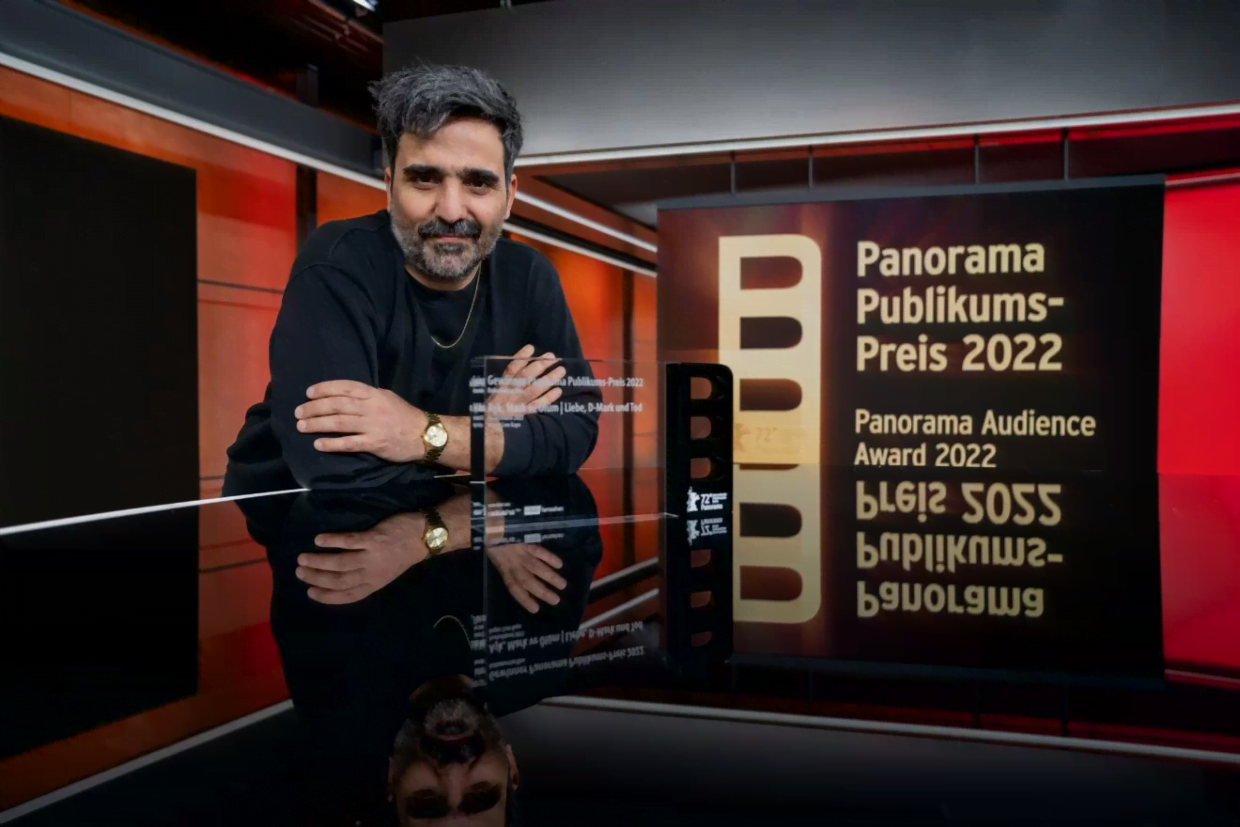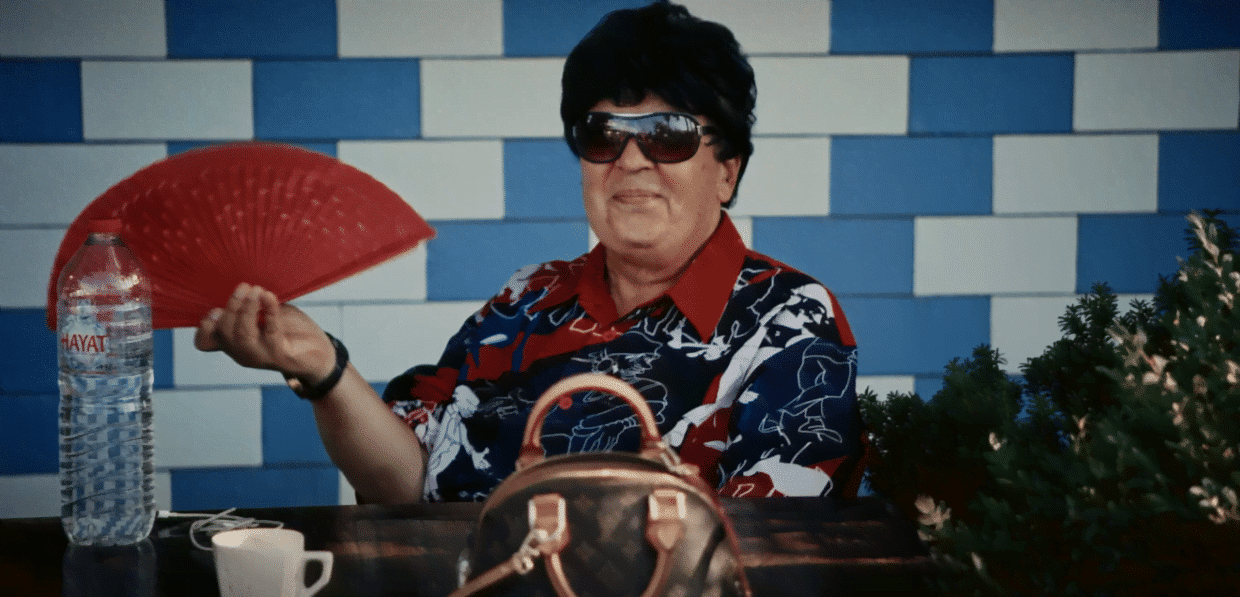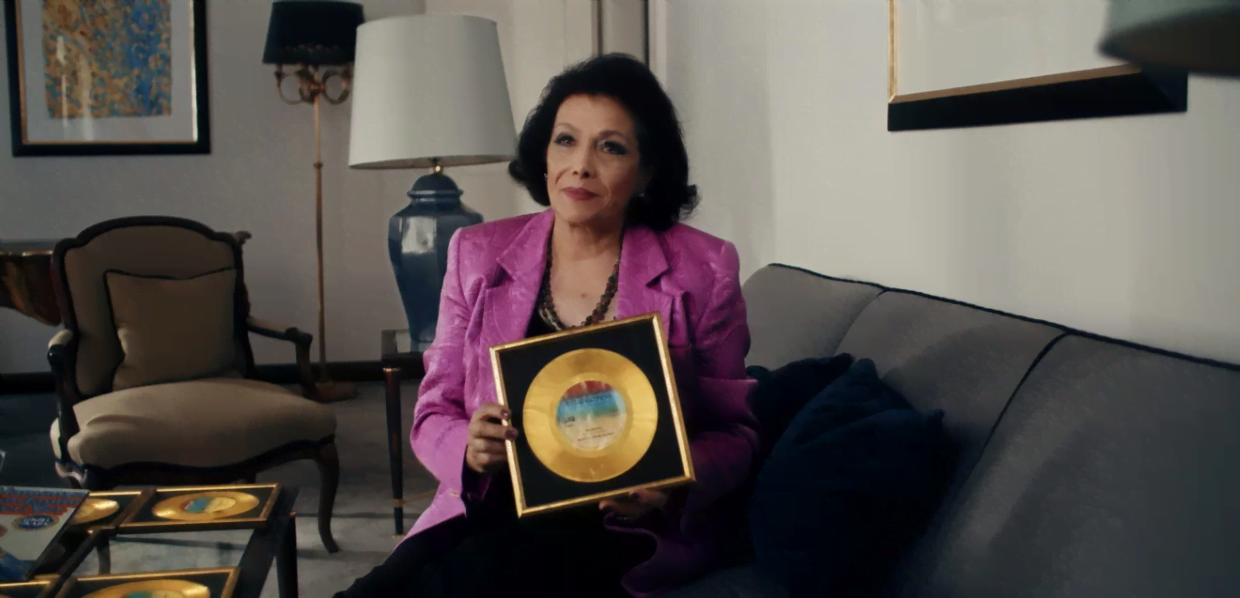
“Love, Deutschmarks and Death” by Cem Kaya, which won the Audience Award at the 72nd Berlin International Film Festival, presents a musical panorama of labor migration to Germany.
"Blind love long love Mark, the lie you said I just turned the corner Death came before me" Aras Onen
“Love, Deutschmarks and Death” is a jazzy documentary, as MUBI puts it, about the musical culture created by the workers who immigrated to Germany and the generations that came after them, following the labor migration agreement signed between Turkey and Germany in 1961. “Love, Deutschmarks and Death”, directed by Cem Kaya and written by Mehmet Akif Büyükatalay and Ufuk Cam, received the Audience Award at the 72nd Berlin Film Festival and was met with great interest at the Istanbul and Ayvalık Film Festivals. The movie attracted the same attention in movie theaters when it was released on September 23, and I was one of the audiences who went to the cinema to watch the movie that same evening. Last Friday evening, after work, I immediately went to the movie theater and while I was waiting for the movie to start, I read the article written by Nurdan Gürbilek for Latife Tekin in the new issue of Notos. In this article, Gürbilek was quoting from an interview with Tekin: “… the language creates a rupture and you start to watch yourself from the outside… A crack opens and from there, the voices and noises of thousands of people begin to fill you.” I finished the article and then the movie began. I remembered what Tekin said in the first scenes of the movie. Because as I watched the movie, a crack started to open in me, and the voices and noises of thousands of people began to fill me up. I was already filled with the voices of hundreds of workers who got on the train going to Germany from Sirkeci Station 60 years ago, and from this migration, which has now passed half a century. “Love, Deutschmarks, and Death” was a truly ludicrous oral immigration story.

We know the Golden Orange award-winning director Cem Kaya for his documentaries “Arabesque” and ” Remake, Remix, Rip-Off: Copy Culture and Popular Turkish Cinema”, he is one of the children of the guest worker generation born in Germany, and like his generation, he grew up with Turkish music produced in Germany. Perhaps what enables us to establish an emotional partnership with “Love, Deutschmarks and Death” is that Kaya looks at labor migration from the inside rather than from the outside. The film, which consists of three parts called Love, Deutschmarks and Death, reveals the story of migration over sixty years through the musical culture created by Turkish guest workers and their children in Germany. The film, which was prepared with a great archival work, is quite dynamic. Although the director does not build his narrative with the theme of “the bitter homeland of Germany”, he does not hesitate to talk about both the bullying of migrant workers in factories and the tyranny of families with xenophobia, which sometimes hardens.

“Love, Deutschmarks and Death” consists of three parts that give the film its name: It brings to the screen the panorama of this half-century-long visit, starting with the first migrations in 1961 and extending to the 2000s, with the music created there by Turkish immigrants. Sometimes we see Turkish children trying to find their way in the streets amidst melodies and quarrels for lovers, and sometimes we watch the great Ford Cologne Strike led by Turkish migrant workers. The Turkish weddings, where workers and families who are trying to get rid of alienation, which is a reflection of migration, come together, constitute the most festive side of “Love, Deutschmarks and Death”. With its fast-growing casino culture and its style reminiscent of Germany’s Diva Cavidan Ünal and Zeki Müren, Germany’s Art Sun, Hatay Engin, is among those caught in Kaya’s lens after the archives leaked. Thus, the director reflects how the music produced in Turkey finds its response in Germany.

When the movie is over and leaving the theater, I feel once again that Cem Kaya opens a crack in us with “Love, Deutschmarks and Death” and fills it with melodies. It introduces us to an unknown facet of labor migration to Germany. “Love, Deutschmarks and Death” is not only an archival documentary, but also a naive example of social memory pouring out with melodies, sometimes touching and sometimes making you smile.